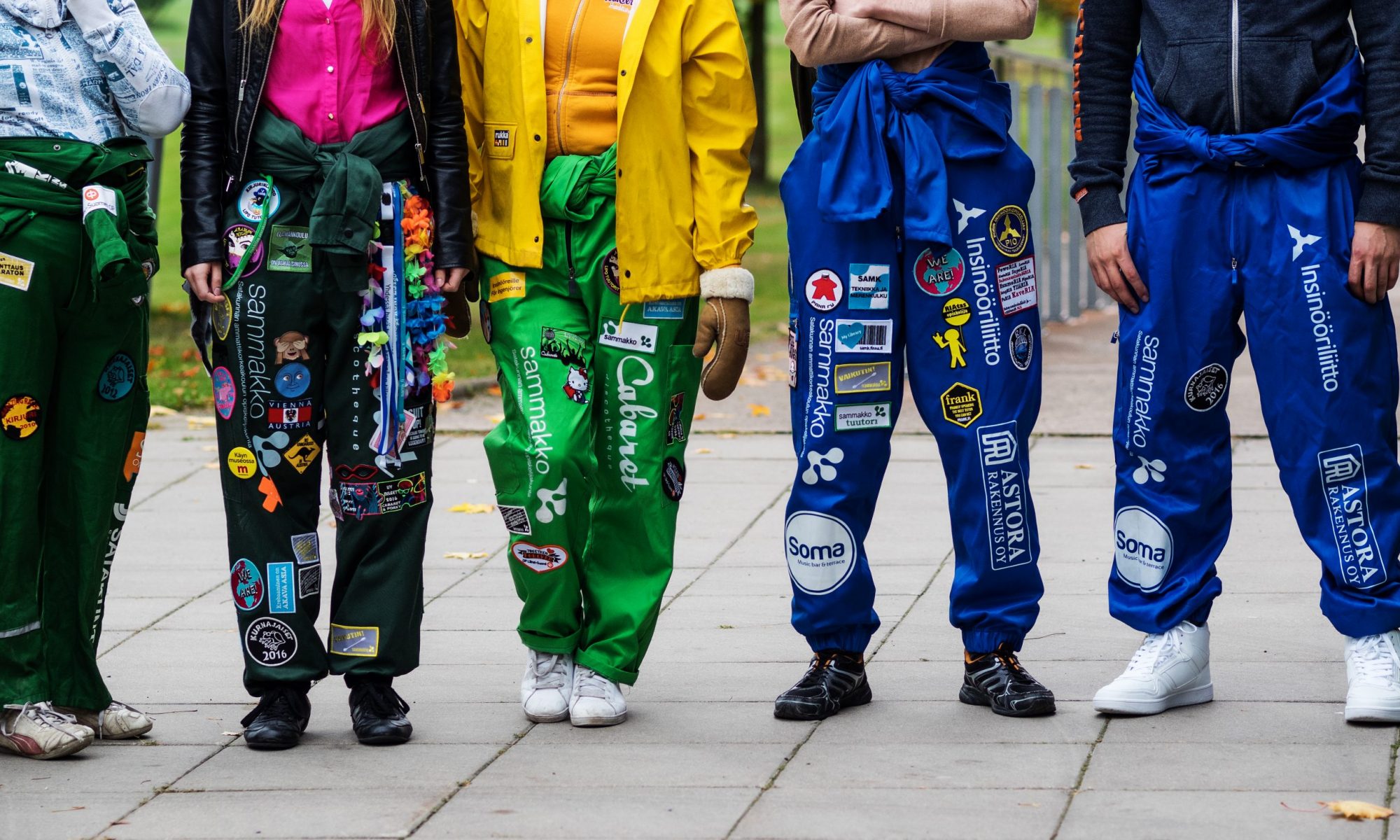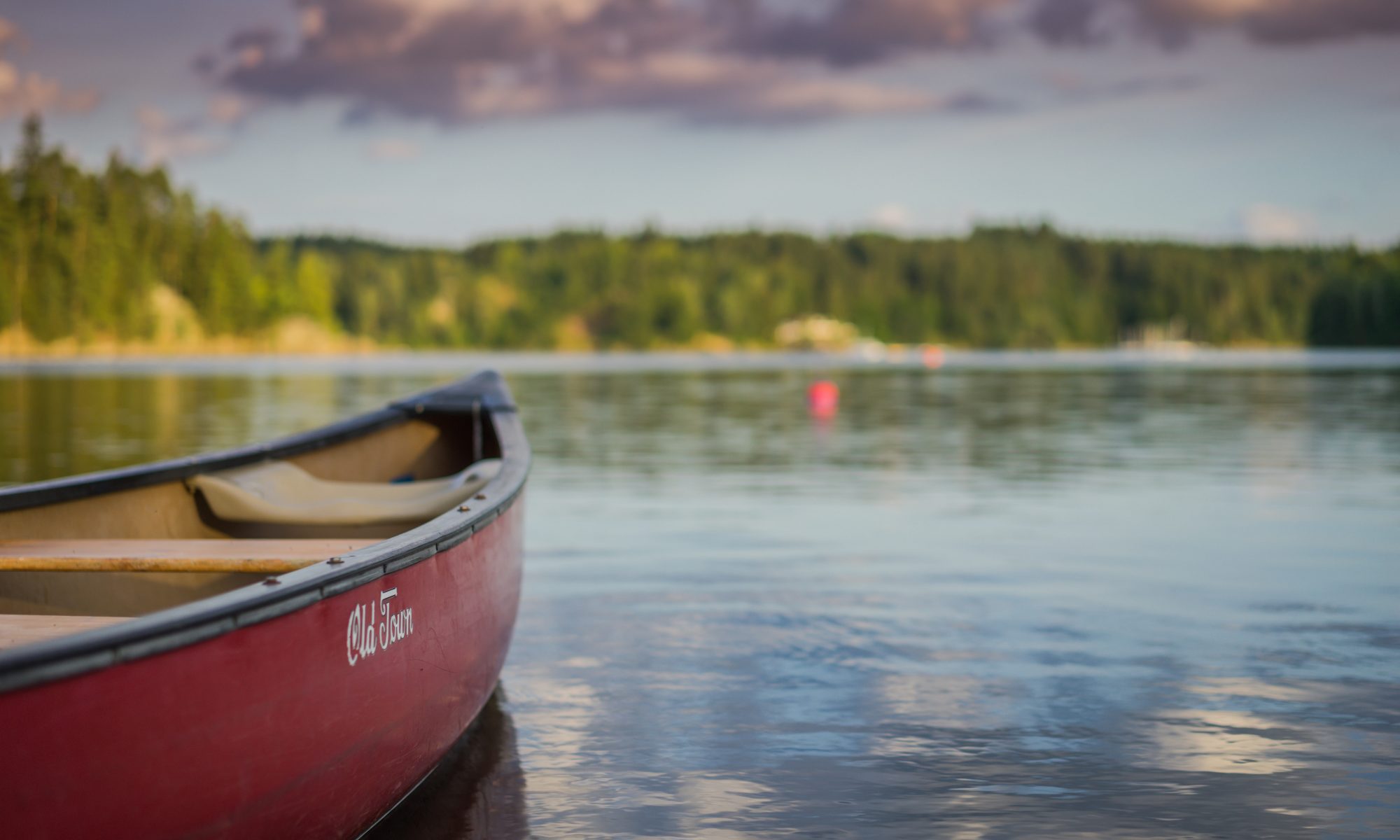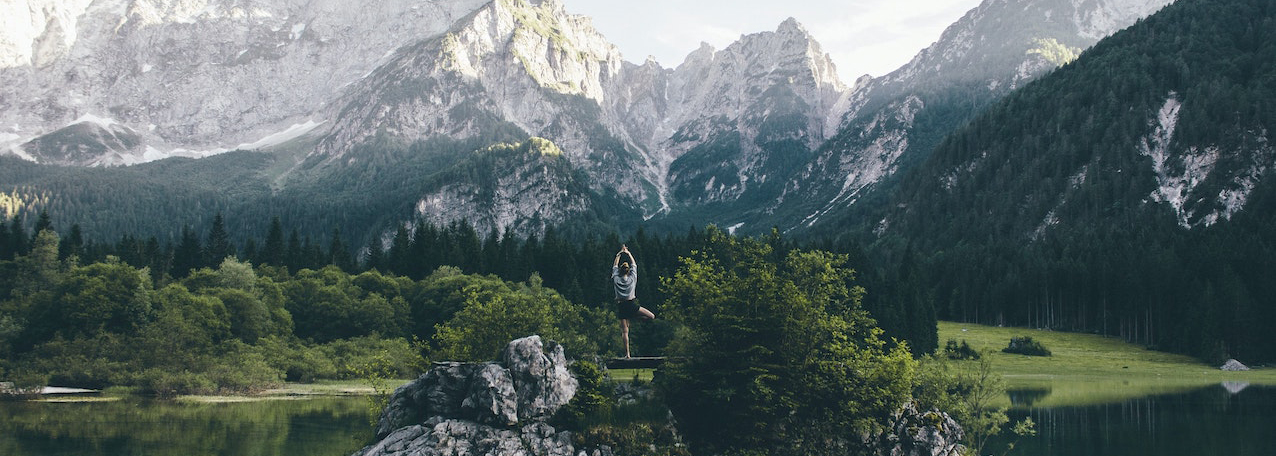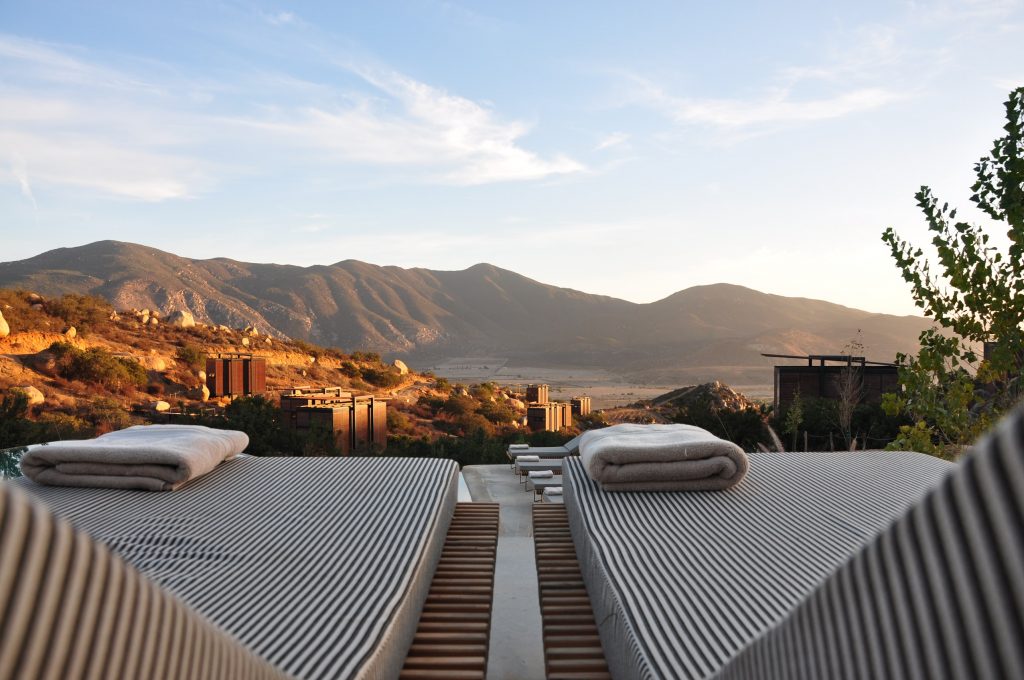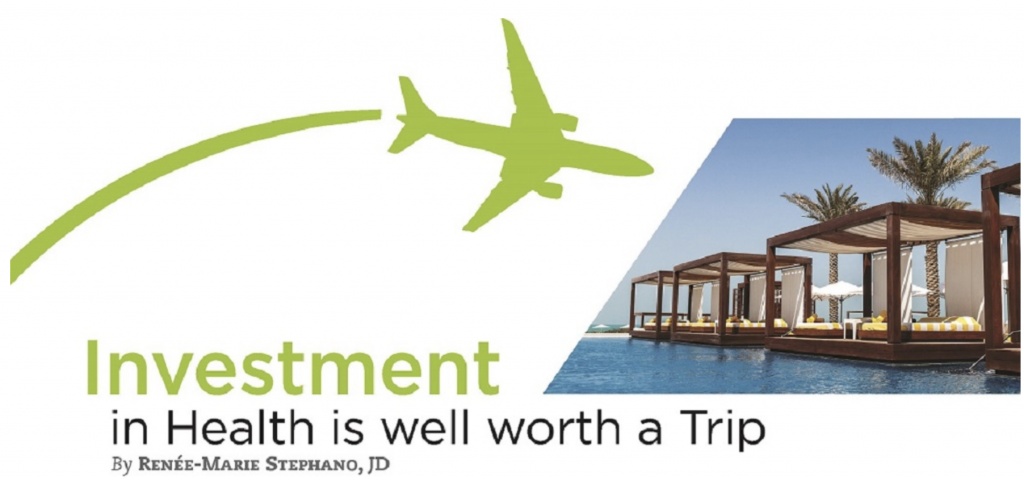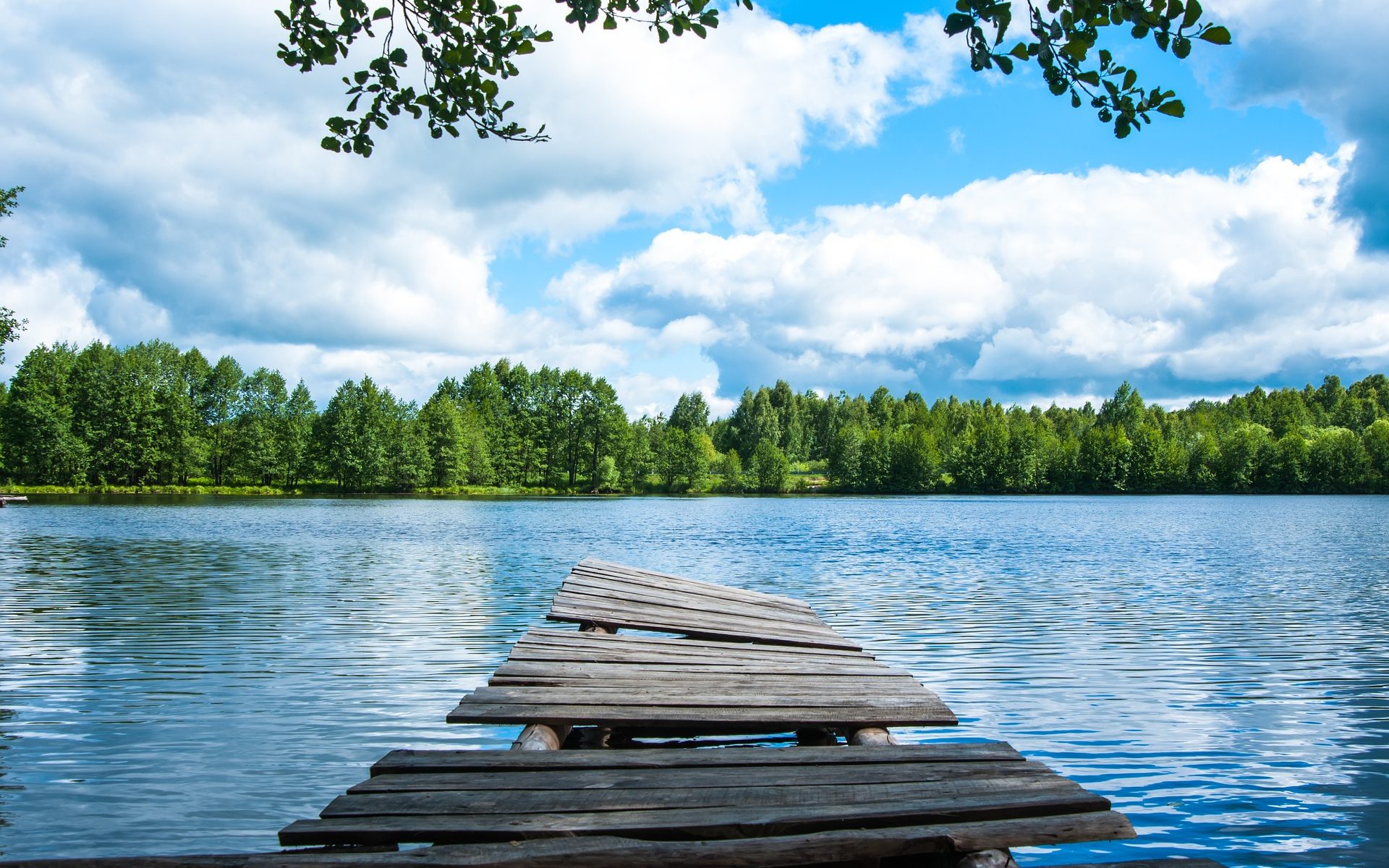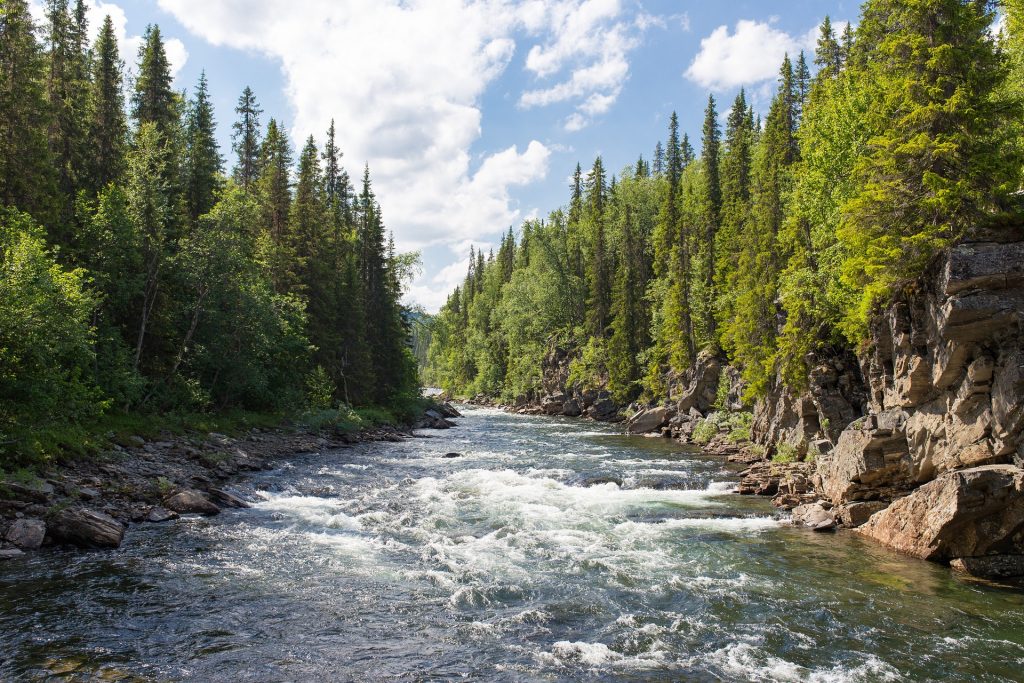How often do you think that the everyday life with all the work, studies, chores etc. is getting all too much for you? How often do you wish for an escape from your everyday life? I bet most of you answered that a break from the everyday life would be much needed as often as possible. So did I. So where should you go when you feel like the stress of the daily routines is getting too much for you? You should definitely find your way to the nearest body of water, whether it is a lake, a river or a sea does not matter, you should find your way to it. Even though you might think that a visit to a nearby shore does really not fit your busy schedule or it doesn’t sound like it would be any help to you, you’d be surprised how big of an effect it might have on your mental and physical health.
You might think that sitting on a shore and doing nothing would be a really boring way of spending your time, but it actually is one of the best ways of relaxing your brain. Just watching the water surface, whether it is calm or rough, can really help you to relax and find that much sought after peace of mind for the short time that you are next to water. Of course, our brains control all the senses of human body, and seeing is not the only thing that can help our brains to relax. Listening to the calming voice of the water as well as smelling the, lets say, ocean air can really make your brains just switch of for a second and you will be able to totally relax just from being near a body of water.
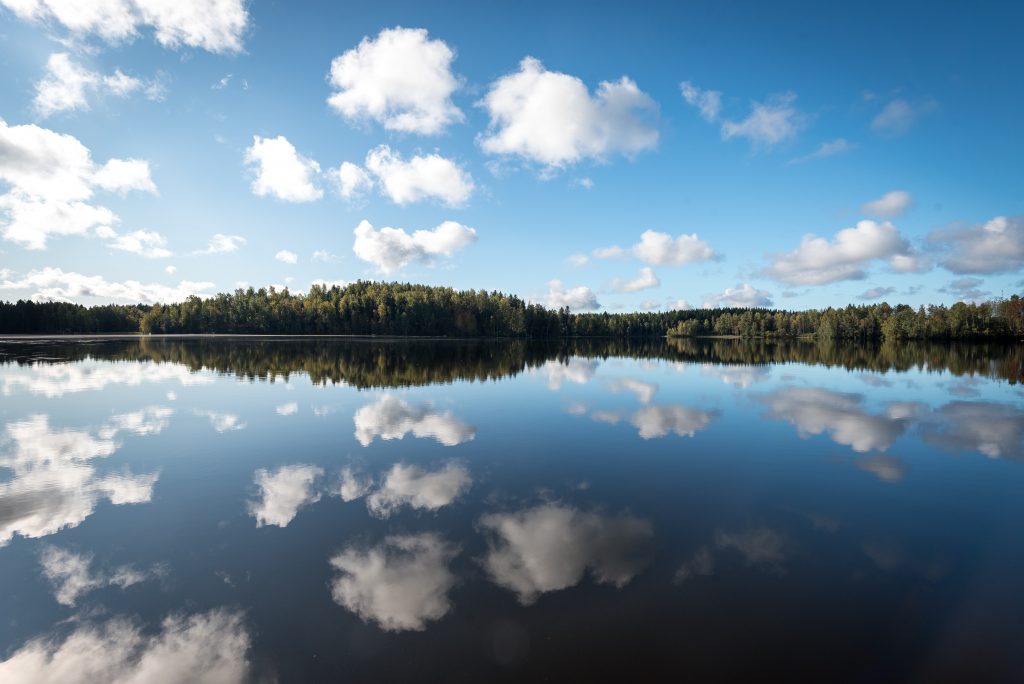
Of course just sitting and admiring the water might not be for everyone, but that is not the only way you can improve your mental and physical health when visiting a body of water. Water enables multiple different activities that are beneficial for both mind and body. Exercises and activities in general are very good for both mental and physical health, but adding the water aspect to the exercises can boost that positive effect even more. Swimming for example is not only a great form of exercise for the muscles of the body, but it also is beneficial for the health of your skin as well as it is beneficial for your mind. The sort of flowing feeling of freedom you get from swimming is ideal for your brains to relax.
Other water activities, such as surfing or wakeboarding for example, are also great ways of escaping the routine and switching of for a second, but all the activities do not have to be physical activities. Going for a boat ride or going fishing might not be a form of exercise, but those type of activities are an ideal way of relaxing. Think about it; you are flowing on the middle of a quiet lake on a boat, there is no one anywhere near and you can just enjoy the sound of nature. Sounds pretty good, doesn’t it?
That is something that we all should seek after, make some room from our busy schedules for finding different ways of relaxing our body and mind, since without those breaks, we really can not manage.
Text: Markus Järvinen, second year International Tourism Management student
Pictures: Unsplash
